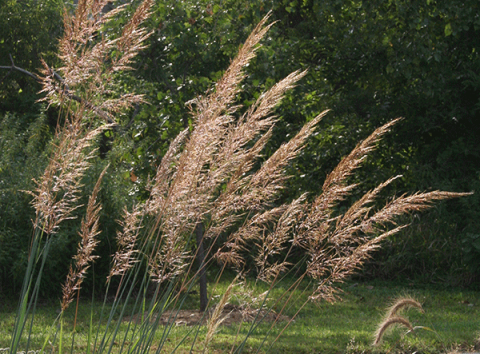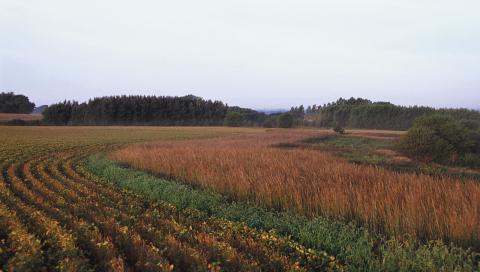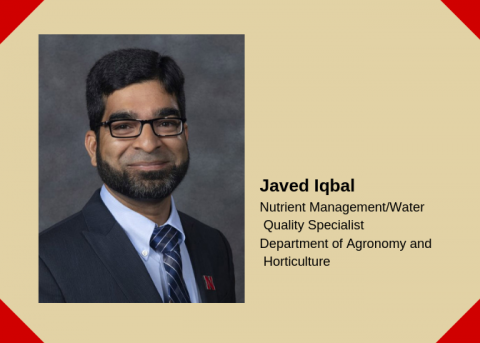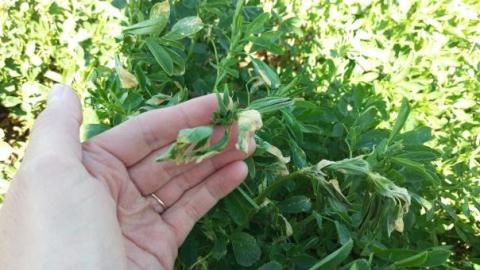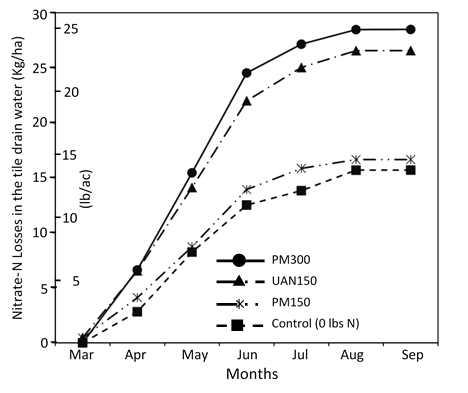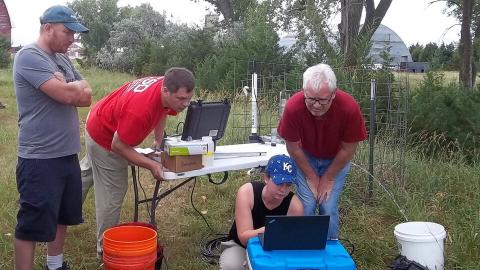
New Research Shows When Nebraska’s Groundwater Supply Recharges
May 28, 2020
When it rains, and even when it pours and floods like it did in Nebraska in late 2018 and through much of 2019, the precipitation that hits the surface doesn’t always factor in to recharging the state’s vast and vital groundwater supply. So when does it most often happen?
Buffer Strip Plant Selection
October 31, 2019
When planning a vegetative buffer strip, select grasses, shrubs, and trees that will perform well in your geographic area. Here's an introductory guide as to what works well in different areas of the state.
NDA Funding Available to Install, Renew Buffer Strips
October 31, 2019
After a wrenching year of storms and floods across much of the state, it's time to take stock of steps to reduce the impact of extreme weather on your farm and the surrounding environs. Financial incentives are available for vegetative buffer strips.
Javed Iqbal Joins IANR Soil Science Team
September 13, 2019
Welcome to Javed Iqbal who recently joined the Department of Agronomy and Horticulture as an assistant professor for nutrient management and water quality. Iqbal will be conducting research and education on efficient uses of nutrients to enhance crop production and reduce environmental effects.
Adding Alfalfa to Corn-Soybean Rotation can Increase Profit, Reduce Nitrate Leaching
July 31, 2019
University research shows that adding alfalfa into corn-soybean rotations can help reduce the loss of nitrate to and increase the extraction of nitrate from aquifers while improving profitability.
Poultry Manure Reduces Nitrate Loss to Water in Iowa Study
March 6, 2019
Iowa State University researchers concluded from a long-term field study that poultry manure, when applied at a rate to meet crop nitrogen (N) requirements, can reduce nitrate loss and achieve equal or better yields in corn-soybean production systems.
Nebraska Water Center Receives Grant to Research Nitrate Mitigation
June 19, 2018
This project will demonstrate how subsoil injection of an abundant carbon source (recycled sawdust and wood shavings) will establish a biologically active layer for interception and removal of dissolved nitrate after it has left the crop root zone.
UNL Lectures on Water and Health Begin Jan.13
January 11, 2016
Seven free public lectures on the importance of water and health comprise the University of Nebraska-Lincoln's spring semester water seminar beginning Jan. 13.
The lectures take place roughly every other Wednesday from 3:30 to 4:30 p.m. through April 13. All lectures will be in the first-floor auditorium of Hardin Hall, 3310 Holdrege St. on UNL's East Campus.
